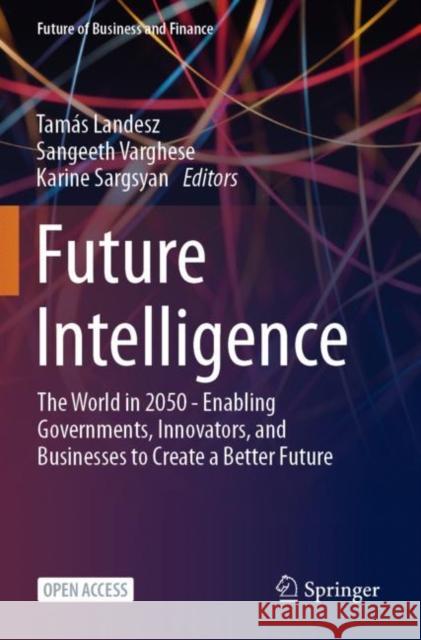Future Intelligence: The World in 2050 - Enabling Governments, Innovators, and Businesses to Create a Better Future » książka
topmenu
Future Intelligence: The World in 2050 - Enabling Governments, Innovators, and Businesses to Create a Better Future
ISBN-13: 9783031363849 / Angielski / Miękka / 2023 / 240 str.
Future Intelligence: The World in 2050 - Enabling Governments, Innovators, and Businesses to Create a Better Future
ISBN-13: 9783031363849 / Angielski / Miękka / 2023 / 240 str.
cena 160,99
(netto: 153,32 VAT: 5%)
Najniższa cena z 30 dni: 154,18
(netto: 153,32 VAT: 5%)
Najniższa cena z 30 dni: 154,18
Termin realizacji zamówienia:
ok. 22 dni roboczych
Dostawa w 2026 r.
ok. 22 dni roboczych
Dostawa w 2026 r.
Darmowa dostawa!
Kategorie BISAC:
Wydawca:
Springer International Publishing AG
Seria wydawnicza:
Język:
Angielski
ISBN-13:
9783031363849
Rok wydania:
2023
Ilość stron:
240
Wymiary:
23.5 x 15.5
Oprawa:
Miękka











